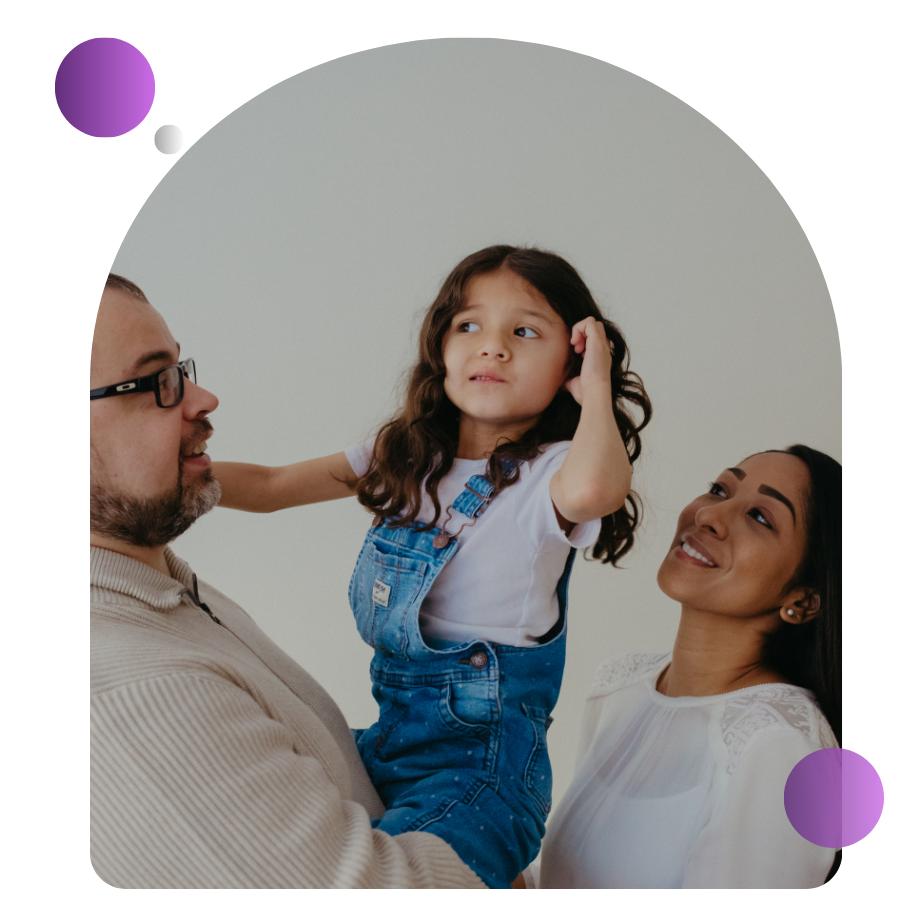

Intellectual Disability
Intellectual Disability
What You Need to Know About Intellectual Disability
Intellectual Disability (ID) refers to limitations in cognitive functioning and adaptive behaviors, affecting a person’s ability to learn, reason, and perform daily tasks. It can vary in severity, and with the right support and therapies, individuals with ID can lead fulfilling, independent lives.

How Therapy Helps:
Therapies like speech therapy, occupational therapy, and behavioral therapy can significantly improve skills and independence. Speech therapy focuses on language development, occupational therapy addresses motor skills and daily living tasks, and behavioral therapy helps with social and adaptive behavior.
Exploring Intellectual Disabilities: Insight for Families
Your Questions About Intellectual Disability—Answered
Create a positive environment, celebrate small achievements, and be patient. Break tasks into manageable steps and reinforce learning with visual aids and simple instructions.
Use clear, simple language and give one instruction at a time. Pair verbal instructions with visual cues to help your child understand better. Consistency is key!
Design a sensory-friendly space at home with calming lights and textures. Encourage play activities that stimulate your child’s senses in a gentle way.
Use structured playtime to practice social skills with your child. Activities like games and role-playing can teach cooperation and communication with peers.
While routines are helpful, it’s important to teach your child to be flexible. Prepare them for changes and help them adapt gradually.
Focus on your child’s strengths and interests. Encourage activities they enjoy, which will motivate them and help build their self-esteem.
Take time for self-care and seek support from others when needed. A balanced caregiver can provide better care for their child. Join support groups and take breaks to recharge.
